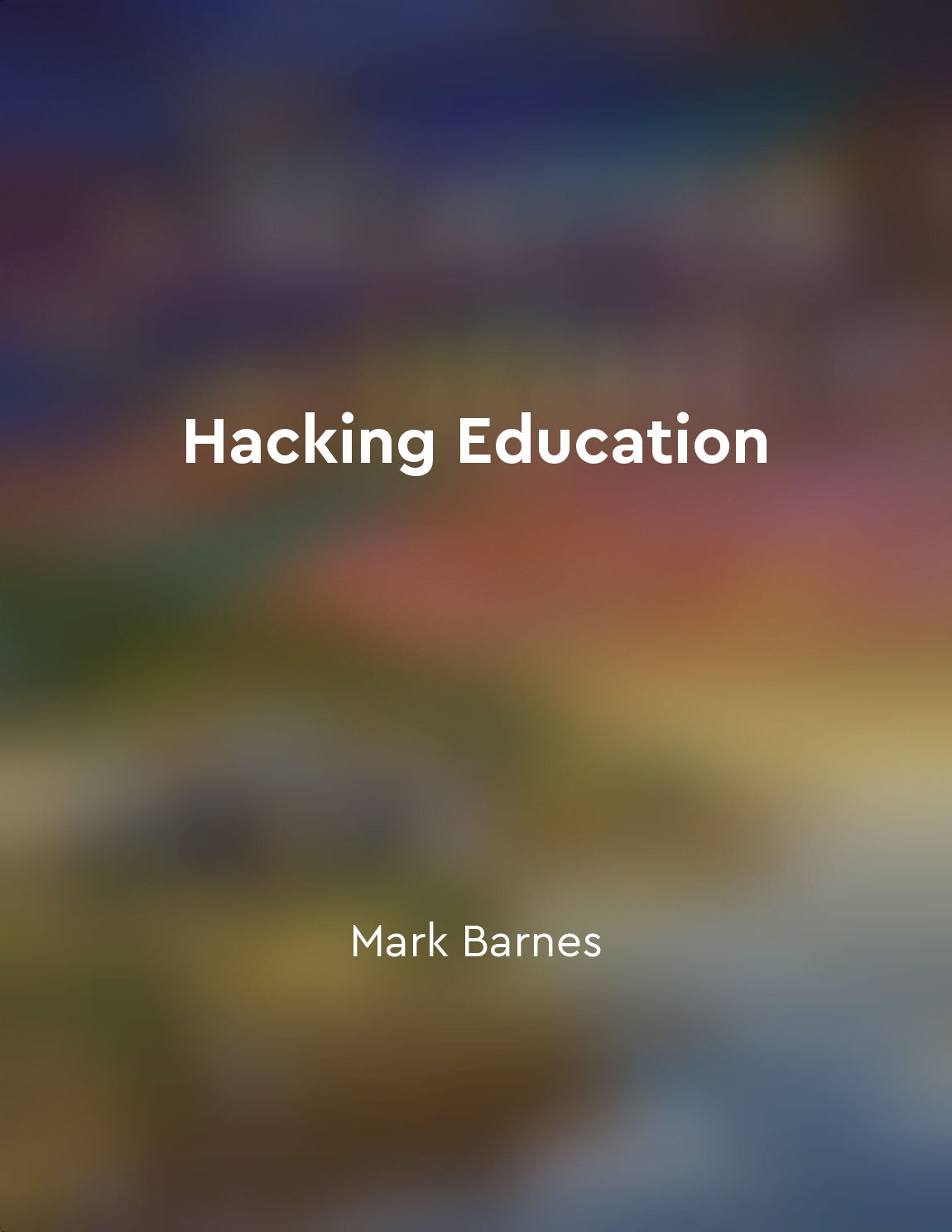Action research promotes growth from "summary" of Action Research for Educational Change by John Elliot
The process of action research is about engaging in a cycle of inquiry, action, and reflection, all with the goal of promoting growth. This growth is not just about achieving predetermined outcomes or meeting external standards, but rather about continuous improvement and development. It is a dynamic and ongoing process that allows educators to adapt, learn, and evolve in response to the changing needs and challenges they face. Through action research, educators are able to gain a deeper understanding of their practice, their students, and their context. This deeper understanding is essential for growth, as it allows educators to identify areas for improvement, develop new strategies, and make informed decisions about their teaching and learning. By engaging in this reflective process, educators are able to refine their practice, enhance their skills, and ultimately become more effective in their roles. Furthermore, action research promotes growth by fostering collaboration and community among educators. Through sharing their findings, experiences, and insights, educators are able to learn from one another, challenge their assumptions, and push each other to think critically and creatively. This collective learning and knowledge-sharing not only benefits individual educators, but also contributes to the overall growth and development of the educational community. In addition, action research encourages educators to take risks, experiment with new ideas, and embrace uncertainty. This willingness to step outside of their comfort zones and try new approaches is essential for growth, as it allows educators to learn from their mistakes, adapt to new challenges, and ultimately become more resilient and resourceful in their practice. By being open to change and innovation, educators are able to continuously push the boundaries of what is possible and create new opportunities for growth and development.- Action research is a powerful tool for promoting growth in education. By engaging in a cycle of inquiry, action, and reflection, educators are able to deepen their understanding, collaborate with others, take risks, and ultimately become more effective in their practice. This process of continuous improvement and development is essential for meeting the ever-changing needs and demands of the educational landscape and ensuring that all students have access to high-quality learning experiences.
Similar Posts
Leveraging neuroscience insights to optimize learning strategies
Understanding how the brain learns is crucial for developing effective learning strategies. By leveraging neuroscience insights...
NCERT Solutions provide comprehensive explanations and practice questions
The NCERT Solutions for Science Class X are designed to offer students a thorough understanding of the concepts covered in the ...
Oppression as a systemic issue
Oppression is not simply a matter of individual actions or attitudes; rather, it is deeply embedded within the structures and s...
Academic achievement is influenced by various factors
Academic achievement is a complex phenomenon that is shaped by a multitude of factors. These factors can be broadly classified ...
Investing in education benefits society as a whole
Investing in education is not just about individual benefits; it is about the collective well-being of society. When we priorit...
Educators collaborate with stakeholders
The process of educational change cannot happen in isolation. Educators must work closely with various stakeholders to bring ab...
Teachers play a key role in guiding students through the learning process
Teachers are the architects of the learning process. They are the ones who set the stage, design the blueprints, and oversee th...
Education should be a transformative experience for students
The essence of education lies in its ability to transform students. It should not merely be about acquiring knowledge, but abou...

Incorporate student interests into the curriculum
When designing a curriculum, it is essential to consider the interests of students. By incorporating student interests into the...
Fostering resilience in students supports their creative growth
When we talk about fostering resilience in students, we are essentially talking about equipping them with the ability to bounce...

